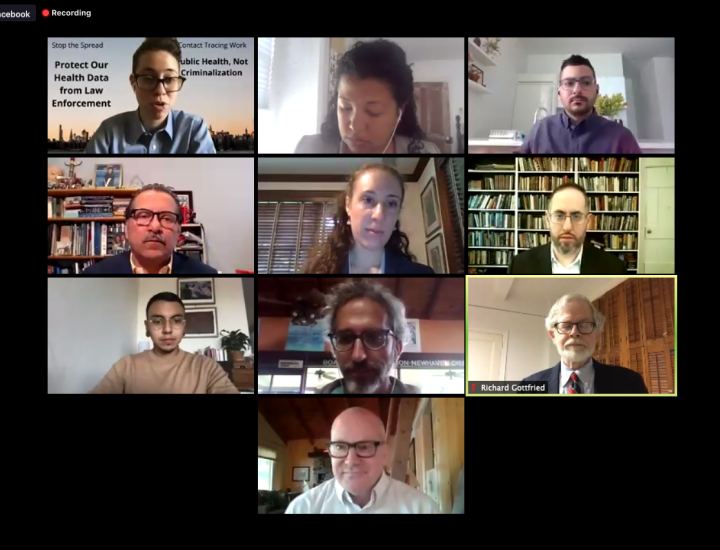Immigration
Gross inequities in the United States immigration system disproportionately harm HIV affected people, documented or otherwise, and their families. The legal, cultural, public health, and socioeconomic barriers created by the broken immigration system in the United States create substantial obstacles for people living with HIV and their advocates. The isolation and lack of health care available to immigrant populations impedes HIV testing, treatment, and prevention efforts.
HIV-related restrictions for those visiting or immigrating to a country exacerbate these problems by breaking families apart, dividing spouses, separating parents from their children, limiting employment and educational opportunities for people with HIV, and discouraging individuals from seeking testing or treatment for fear of being denied entry or placed on deportation proceedings.
Prior to 2010, federal immigration law prohibited people with HIV from entering the country. The United States recently removed statutory and regulatory bans prohibiting people living with HIV from entering the country. Effective January 4, 2010, HIV is no longer a bar to entry into the United States for visitation or immigration purposes. This means that HIV status alone cannot be a reason for excluding, removing, or deporting a person from the United States.
HIV status may be a basis for applying for asylum, a form of immigration protection in the United States, if an immigrant is able to show past persecution or fear of future persecution because of their HIV status. Nevertheless, people living with HIV who are detained in immigration detention facilities, including those applying for asylum protection, often experience difficulty in accessing essential health care and drug therapies while in custody.
This HIV Policy Resource Bank category provides materials to assist people living with HIV and their advocates in overcoming immigration obstacles, and includes information on issues such as the HIV ban and its repeal, the rights of detained immigrants living with HIV, and the hurdles immigrant communities face in HIV testing, treatment, and prevention efforts.
